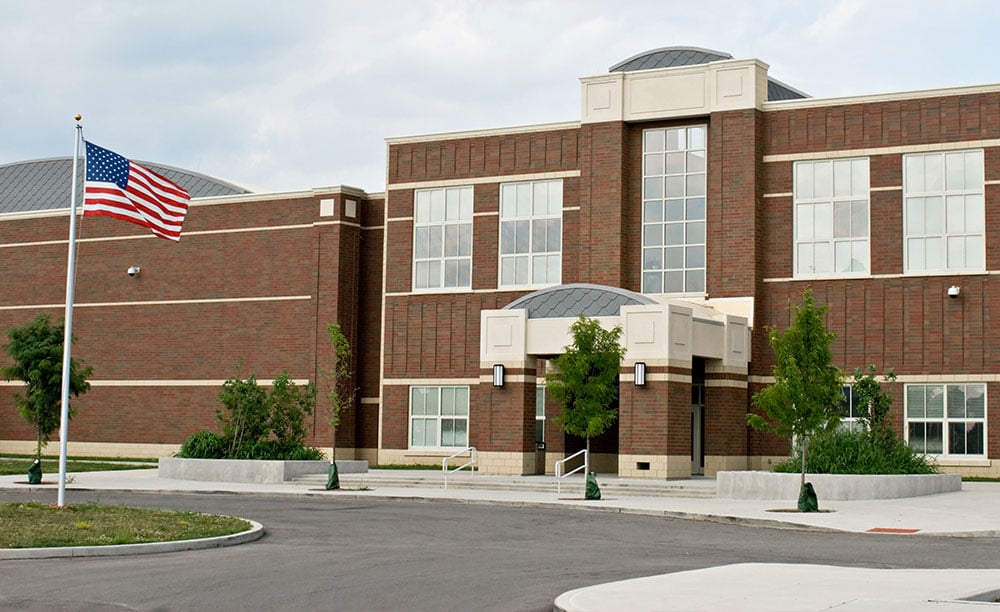Posted by ACCU Staff ● Apr 1, 2024 10:30:43 AM
Can Your School’s Budget Survive School Choice?

The school choice movement is gaining momentum across the country, making private Christian education accessible to many families for the first time. According to research from EdChoice, 32 states as well as the District of Columbia and Puerto Rico now have some kind of state funding to support non-public school options.
Although some forms of school choice date back as far as 150 years, most programs available today were launched in the last decade—many in just the last year.
David Sexauer, Founder and CEO of DAST Consulting Services, notes that the proliferation of state funding programs is outpacing schools’ ability to capitalize on them: “Roughly $60 billion were allocated for state-level School Choice programs nationwide last year. Less than $7 billion were actually utilized, leaving over $53 billion unused.”
"We're seeing a rapid expansion of school choice nationwide,” said Darrell Jones, President of the Herzog Foundation. “It's imperative for schools in these states to proactively equip themselves both spiritually and financially for the evolving landscape of K-12 education."
One important financial dimension to navigate is the potential misalignment between state fund disbursement and a school’s annual budget. When Florida changed its old scholarship program to an Education Savings Account (ESA) model, schools across the state reported significant delays in funding, some as late as mid-December. Since most private schools operate on razor-thin margins to begin with, making payroll and rent became a significant challenge, despite the exciting promise of forthcoming ESA funds.
Some school leaders had the foresight to open operating lines of credit, which can help bridge periods of low cash with minimal disruption. But schools that waited until the moment of financial distress to pursue a line of credit often found themselves qualifying for low amounts at high interest rates—or else being denied outright.
“The best time to apply for a line of credit is before you need it,” said Cory Miller, Vice President of Corporate Lending at America’s Christian Credit Union (ACCU). “Sometimes we forget about the hard times when things are going well, but that’s exactly when you want to be preparing for a rainy day.”
The other financial issue schools must consider is what happens if states start imposing unreasonable burdens on Christian schools as a condition for receiving funds.
“The risk of future governmental oversight endangers Christian schools that allow their budgets to become too heavily dependent on state funds,” said James Cowart, Headmaster at Trinitas Christian School in Pensacola, Florida.
Cowart and his team crafted a plan to minimize operational reliance on state funds and pave the way for a new endowment that can help fund the school for generations to come. Parents at the school who experienced an immediate reduction in tuition costs thanks to ESA dollars are now asked to donate a fraction of their old obligation to the endowment as a tax-deductible gift.
“Like Joseph during the seven years of plenty, Trinitas is seeking to store up as much of these funds as we can so a return to private funding will be less painful. This allows us to benefit while the programs remain favorable to Christian education yet grants the freedom to choose mission over compliance should the two ever come into conflict.”
As more school choice programs make their way through state legislatures, a growing percentage of the U.S. population will have access to private Christian education. This is an exciting development but one that must be handled with great care and purpose.
ACCU provides a full suite of banking services to Christian schools.
To learn more, visit: americaschristiancu.com/schools
